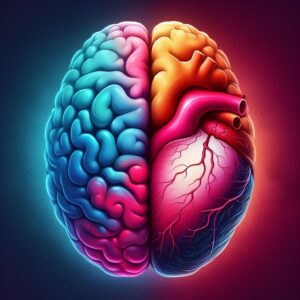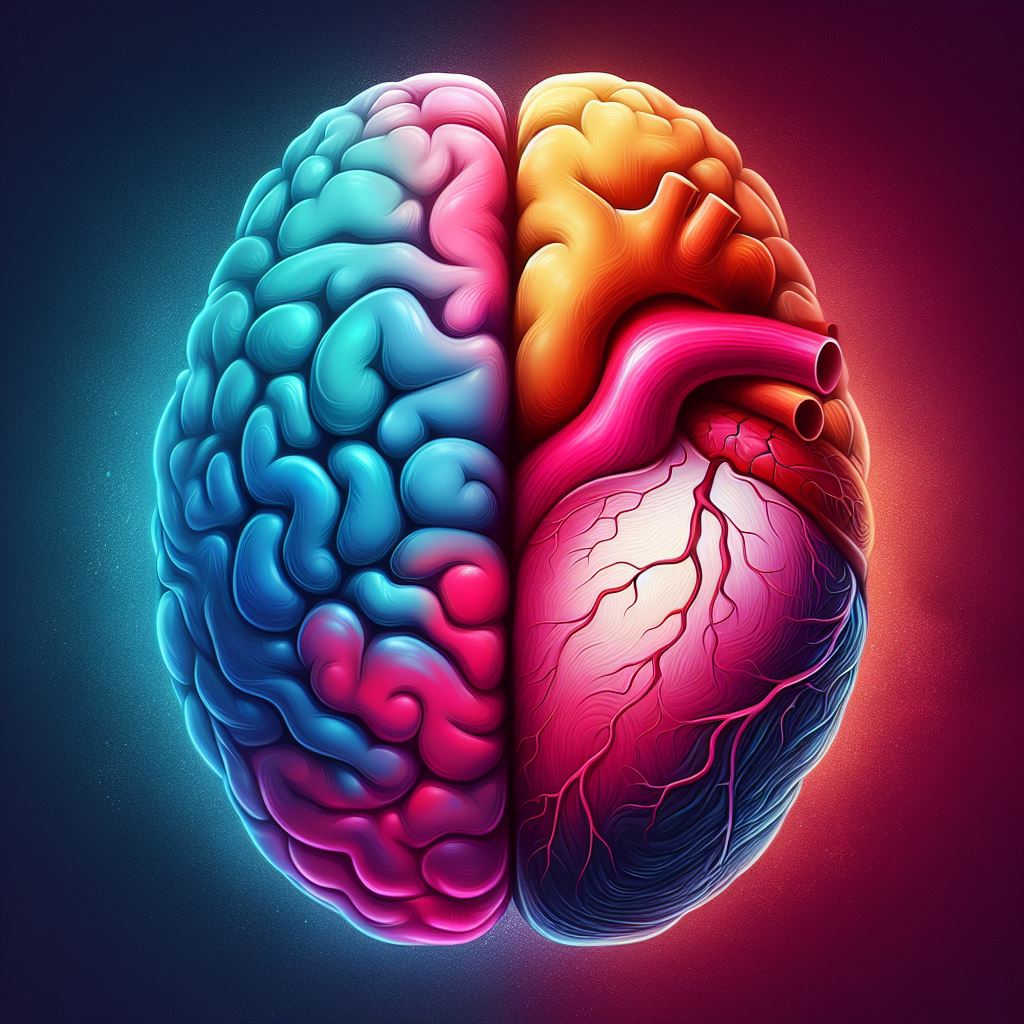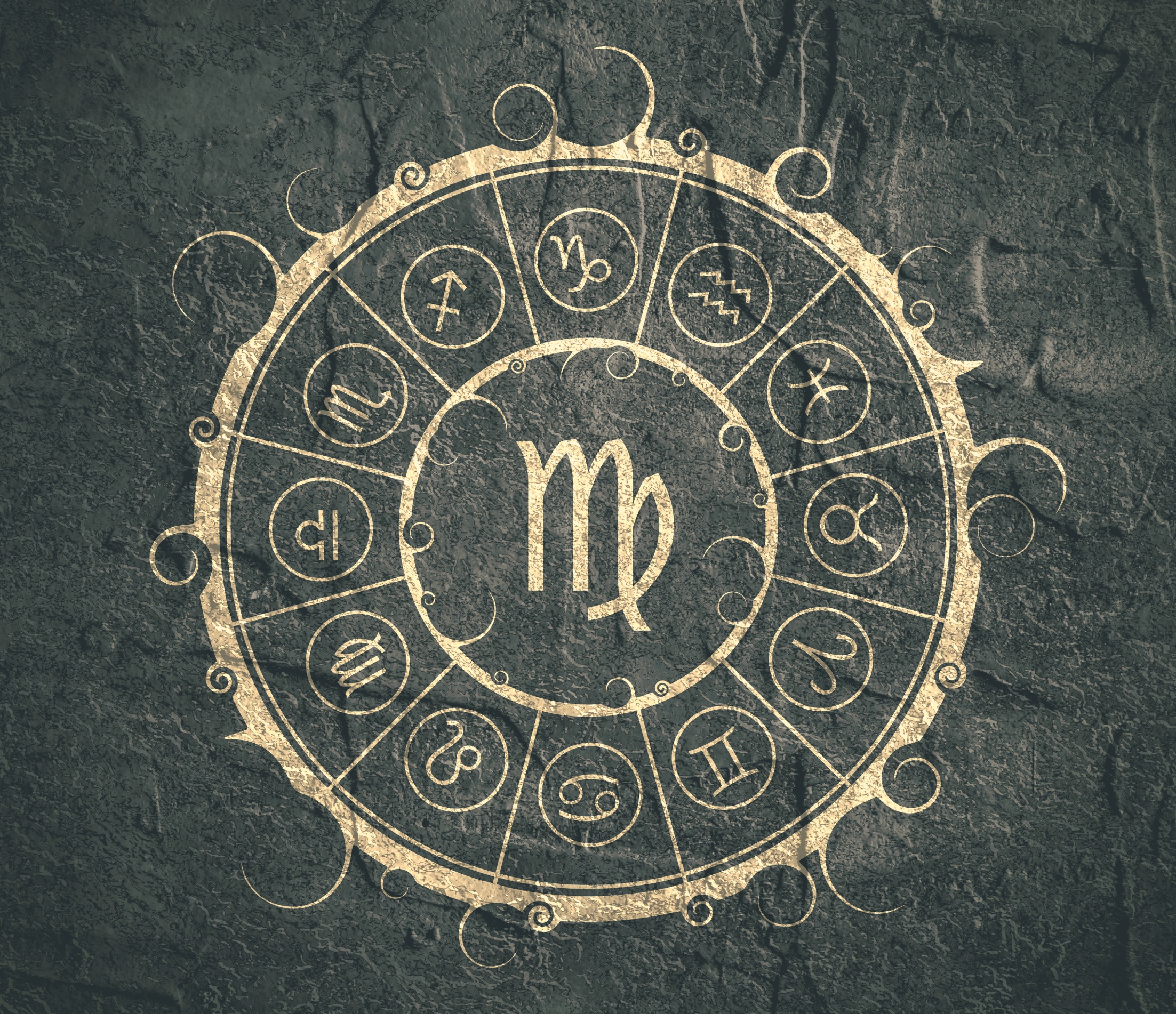When you think of depression, the first things that might come to mind are mental issues like sadness, fatigue, and a general lack of enthusiasm for life.  But, can depression cause heart attack? Yes, I’m hinting at something as serious as heart attacks. Surprised? Intrigued? Maybe a bit of both?
But, can depression cause heart attack? Yes, I’m hinting at something as serious as heart attacks. Surprised? Intrigued? Maybe a bit of both?
The effects of depression could sneak past the confines of your mental wellbeing and start affecting your physical health too. Let’s dive into this intricate web of emotions and cardiovascular health to uncover how your heart might be paying the price for what’s weighing down your mind.
Starting With The Basics: Understanding Depression
Before we jump into the heart of the matter (pun intended), let’s take a moment to really understand what depression is. It’s more than just feeling blue or having a bad day. Depression is a complex mental health disorder characterized by persistent feelings of sadness, hopelessness, and a lack of interest in daily activities. These aren’t fleeting moments; they stretch out for weeks, months, or even years, significantly affecting one’s ability to function at work, at home, or in social settings.
Now, how does this relate to your heart? Buckle up, as we’re about to connect the dots.
Can depression cause heart attack?
Did you know that the state of your mental health can directly influence your heart? Yes, depression and heart often walk hand in hand, albeit in a complicated tango. But, can depression cause heart attack? Here’s a brief look at what can happen:
The Stress Response and Your Heart
When you’re depressed, your body is in a constant state of low-grade stress. This triggers the release of stress hormones like cortisol and adrenaline, which can wreak havoc on your heart over time. How? By increasing your heart rate, constricting your blood vessels, and elevating your blood pressure. High blood pressure is a notorious risk factor for heart disease and, yep, heart attacks.
Behavioral Factors: The Unhealthy Spiral
Depression often leads to behaviors that aren’t exactly heart-friendly. Skipping exercise, opting for unhealthy comfort foods, smoking, and excessive alcohol consumption can become coping mechanisms. These habits are like fuel to the flames of heart disease risk.
Medication Side Effects
Some medications used to treat depression can have side effects that might not be doing your heart any favors. Always talk to your healthcare provider about any concerns and potential risks associated with your medications.
Spotting The Symptoms: When Your Heart Is Crying for Help
Can depression cause heart attack? Well on a safer side, recognizing the symptoms of heart trouble early can be a game-changer. Here’s what you might look out for:
- Chest pain or discomfort
- Shortness of breath
- Heart palpitations
- Extreme fatigue
- Swelling in your legs and feet (because your heart might be struggling to pump blood effectively)
Remember, these symptoms might not always scream “heart attack,” but if you notice them, especially if you’re dealing with chronic depression, it’s better to play it safe and consult a doctor.
Building A Healthier Heart: Steps to Take Today
Feeling a little overwhelmed? Take a deep breath. The good news is that there are concrete steps you can take to protect your heart, even in the face of depression.
Get Moving
Exercise is a powerful weapon against both depression and heart disease. You don’t have to run a marathon or bench press your sofa. A daily walk or any form of activity that gets your heart rate up can make a significant difference.
Eat for Your Heart and Mind
A well-balanced diet does wonders for your mental and physical health. Lean proteins, whole grains, and a rainbow of fruits and vegetables can boost your mood and heart health.
Seek Support
Managing depression and heart health can feel like a lonely journey, but it doesn’t have to be. Reach out to friends, family, or mental health professionals. Talking about your struggles is not a sign of weakness but a step towards understanding and managing them better.
Mindfulness and Meditation
Practices like yoga, meditation, and mindfulness can reduce stress, lower blood pressure, and improve your overall sense of well-being. They teach you to focus on the present, which can be incredibly therapeutic for those struggling with depression.
Wrapping It Up: The Power of Awareness and Action
Can depression cause heart attack? Understanding the link between depression and heart attack risk can be a bit daunting at first. But armed with this knowledge, you have the power to make changes that can significantly impact your quality of life. Remember, your mental health and heart health are closely intertwined, and taking steps to improve one can often benefit the other.
Depression might make you feel like you’re stuck in a cycle of despair, but there’s hope. By acknowledging the risks, recognizing the signs, and taking proactive steps to protect your heart, you’re carving a path towards a healthier, happier you. Your heart is resilient, and so are you. Let’s take this journey to heart health and mental well-being together, one step at a time.




